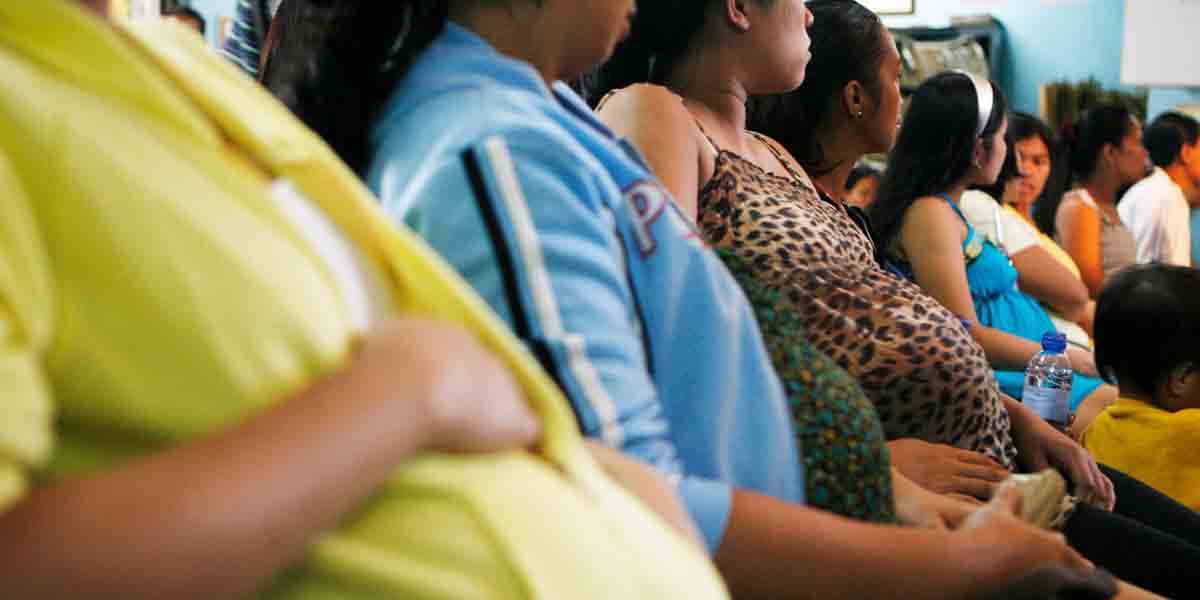By Mariela Angella Oladive
Iloilo Province currently leads Western Visayas in HIV cases, prompting health authorities to intensify efforts in raising awareness and promoting preventive measures.
Department of Health (DOH) 6 data reveals that since 1986 up to September 2023, a total of 1,707 HIV cases have been recorded in Iloilo, and the number is constantly increasing.
Among the localities in Iloilo, the municipality of Oton has recorded the highest number of cases within the province, with 138 cases, followed by Pavia with 118 cases; Pototan (79), Janiuay (67), Miag-ao (63), Cabatuan (62), Santa Barbara (61), Dumangas (60), Barotac Nuevo (57), Passi City (57), Tigbauan (54), Lambunao (53), Leganes (51), Carles (45), Calinog (43), Ajuy (41), San Joaquin (39), San Miguel (37), Estancia (36), San Dionisio (35), Dingle (34), Guimbal (33), Leon (32), San Enrique (32), Sara (31), Zarraga (29), Balasan (27), Dueñas (27), Anilao (26), Concepcion (26), Maasin (25), Barotac Viejo (23), Banate (22), New Lucena (21), Tubungan (21), Alimodian (20), Badiangan (20), Lemery (15), Mina (14), Batad (12), Igbaras (11), San Rafael (8), Bingawan (6).
The province has seen a worrying surge in HIV cases among young adults, particularly those aged 15 to 24 and 25 to 34 years, representing the majority of the diagnoses.
This trend underscores the critical need for targeted interventions to address the vulnerabilities faced by the youth.
The data also underscored a worrying trend of 218 cases with 15 deaths reported between January and September 2023 alone.
Dr. Maria Socorro Colmenares-Quiñon, head of the Iloilo Provincial Health Office (IPHO), has expressed concern over the rising numbers and emphasizes the urgent need for proactive measures to curb the spread of the virus.
HIV transmission in Iloilo Province is predominantly among men who have sex with men. Other transmission routes include men engaging in sex with both men and women, male-to-female transmission, and rare cases of mother-to-child transmission.
In response to the escalating crisis, health authorities are intensifying efforts to promote HIV testing and encourage individuals to know their status.
The IPHO advocates for a comprehensive approach to HIV prevention, encapsulated by the “ABCDE” strategy:
A – Abstain from sex or sexual intercourse
B – Be faithful to one partner
C – Use condoms consistently
D – Do not use drugs or alcoholic beverages
E – Emphasize education, early detection, and treatment
Testing is available at government tertiary hospitals, district hospitals, and Rural Health Units (RHUs) throughout the province.
Three district hospitals and selected RHUs in Iloilo provide HIV testing services, ensuring confidentiality and counseling support for those who test positive, facilitating acceptance and access to treatment.
Confidentiality and counseling support are assured for those who test positive, facilitating acceptance and access to treatment.
Furthermore, at a press conference last Wednesday, the AIDS Healthcare Foundation (AHF) Philippines, in partnership with the Family Planning Organization of the Philippines (FPOP), called for widespread condom usage as a crucial preventive measure.
Officials stress the importance of comprehensive sexuality education and awareness campaigns to promote the use of condoms as a cost-effective and readily available method for preventing HIV, other sexually transmitted infections (STIs), and unintended pregnancies.
AHF Country Manager Nenet Ortega pointed out the significance of condom use, especially in conjunction with the celebration of World’s International Condom Day on February 13.
She expressed concern that despite awareness of condoms, their usage remains low at only 45%. The low usage contributes to the increasing trend of STIs.
“People are aware that there are condoms, but they are not well educated on its benefits, that’s why we want to discuss its significance along with the celebration of World’s International Condom Day. We wanted to make people be aware, that they have to be responsible in making choices and decisions prior to sexual activity to make it safer,” Ortega said.
Ortega also addressed the stigma faced by young people when acquiring condoms, emphasizing the need for interventions to adjust to and address these challenges.
“Available sya sa mga centers but if young people come to the center to get it na-iistigmatize sila like being promiscuous, being already engaged in adult activities despite being so young. We need to do something about it. We have to adjust to that by coming up with intervention.”
As HIV cases continue to pose a threat to the community’s health, urgent action is required to combat the epidemic effectively.
Promoting condom usage, alongside comprehensive sexuality education and accessible testing services, forms a vital component of the strategy to stop the spread of HIV and achieve the goal of ending the epidemic.
Collaborative efforts between government agencies, healthcare providers, and community organizations are essential to ensure the success of these initiatives and safeguard the health and well-being of all individuals in the province.





















